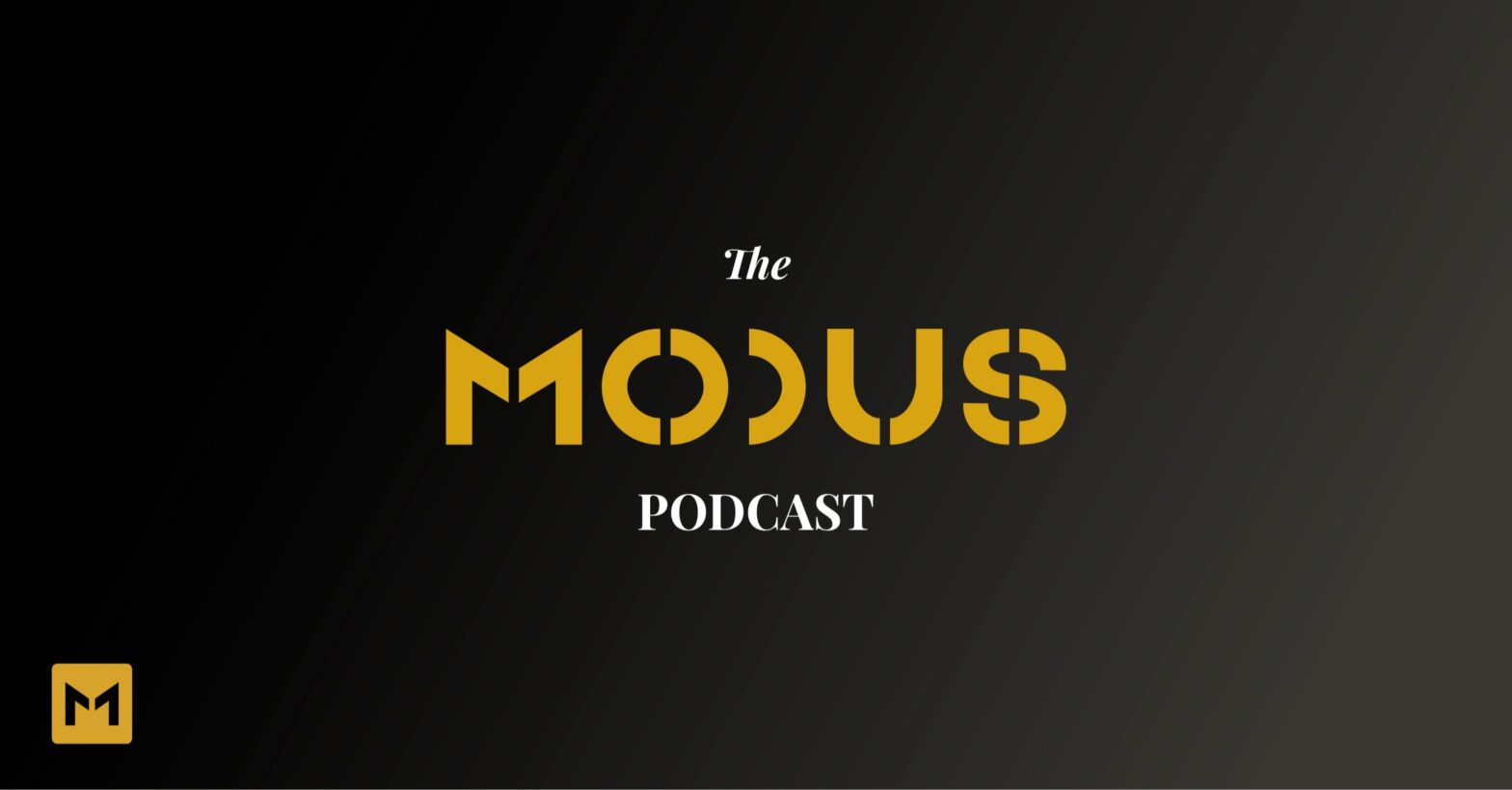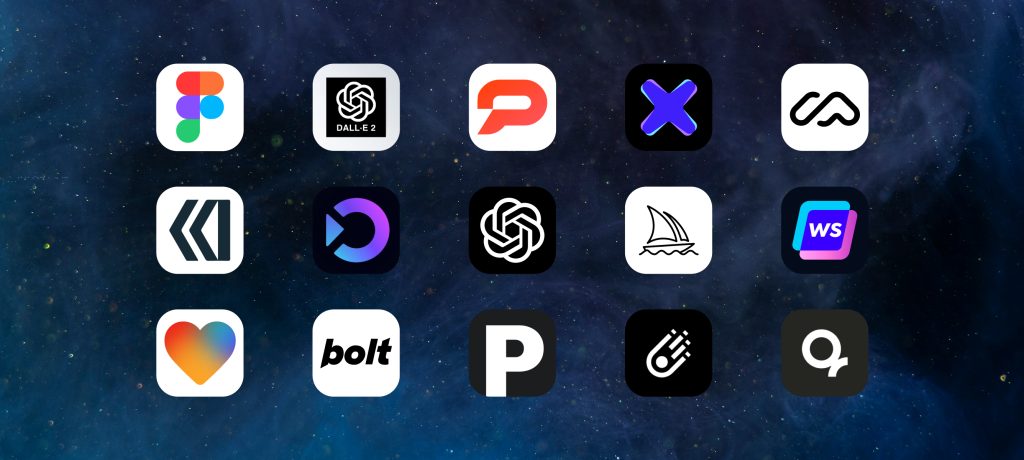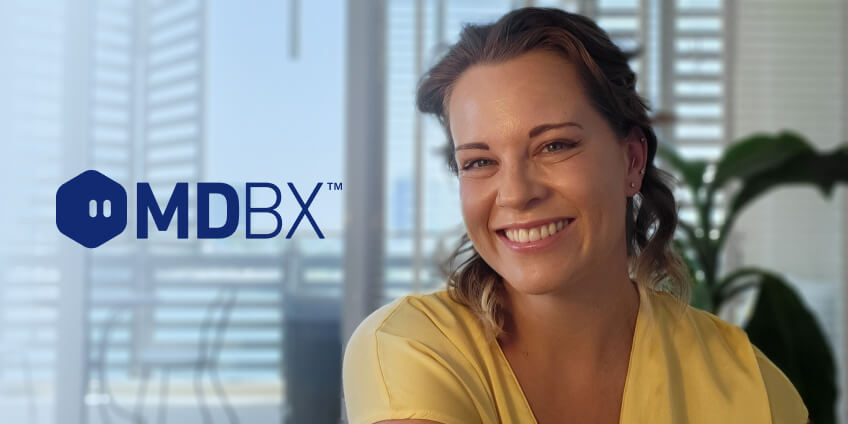Episode Overview
In the first episode of the Modus Podcast, Kareem Elsirafy, managing partner at Modus Capital, talks about our 4 business units that work holistically as a safety net to support entrepreneurs and startups in the MENA Region beyond just money.
Host
Kareem Elsirafy: Website // LinkedIn
Episode Transcript
Kareem: Hello everyone. I’m Kareem Elsirafy, managing partner at Modus Capital, and welcome to the first episode of the modus podcast.
So this podcast is focused on answering the most commonly asked questions when it comes to startups investing and all things related to entrepreneurial endeavors.
Today we’re going to talk a little bit about Modus. I will give you a brief introduction. So modus is an entrepreneurship platform. It’s comprised of 4 business units that work holistically in concert to provide a safety net and strong value proposition to entrepreneurs in the Middle East region.
The first business unit is Modus Capital. It’s a $75 million VC fund that we have recently announced. This invests in companies across various stages from incubation to seed and series A in addition to tech-enabled SMEs.
The second is Modus Operations. Modus operations is a full-service agency that has two mandates. First, it works with entrepreneurs and startup companies before investing. It’s a way for us to be able to do our due diligence in an effort to identify good investment opportunities.
At the same time, it provides value to entrepreneurs irrespective of whether we invest in them or not by helping solve their top 3 operational pain points. The modus operations platform is very tailored to each company. It’s not a one size fits all model. What we do is we ask companies as I mentioned for their top 3 operational pain points and put together a very tailored approach to helping them solve it.
As companies go through our cycles with modus operations and the investment committee makes a decision on whether or not it wants to invest in these companies. The second mandate of modus operations comes into play post-funding. After we invest in companies, we actually provide modus operations as a support mechanism for our portfolio companies. So they work with them, giving them the ability to expand their team reactively in an effort to capitalize on short term opportunities. In addition to being able to provide, again, holistic support in any area or specific subject matter expertise.
The third business unit is Modus Collective. It is a coworking space that we are currently working on establishing. We have a small office in New York and a micro co-working space in Madi, Cairo.
This is essentially a place for the entrepreneurs to collect, get together. And since we work hands-on with our portfolio companies and entrepreneurs through modus operations, it gives us the ability to really roll up our sleeves and collaborate.
The last is Modus Events. A new recently launched business unit that will be bringing you curriculum-based educational events. This is not the type of event where we’re bringing in speakers just to talk very high level about things, but it’s an actual deep dive.
What we aim to do here is help educate the ecosystem about certain skillsets that are still developing as the middle East ecosystem is still continuing to mature, and all of these four business units again, work holistically to provide a solid platform to help develop and support entrepreneurs like yourself and the entrepreneurial ecosystem as a whole.
So we recently had a workshop called Investment Ready – Round 2, which is the second take on a workshop that we had last year and it had a really great turnout. What we talked about in that in the workshop was what it is that you need to do to become investment ready and prepare to pitch to investors.
Some of the topics we covered were the narrative or the story. Something that is overlooked quite a bit. It’s really important for investors to know how the co-founding team came together, what their area of expertise is, and to do it in a way that is really humanizing.
It’s important to not just see yourself as a skillset but and articulate your skillset to investors, but the story on how you came together with the founders, how you identified the problem, what background do you have to be able to identify the problem and thus be able to offer a solution which is most likely your product is really really important for the investors.
The second thing that we talked about was the actual deck itself. How not to inundate investors with too much information, but how to relay enough information to be able to capture their interests and want them to take the conversation to the next level. It’s really important for entrepreneurs to realize that the pitch deck is not the conversation, it’s the conversation starter.
The last thing we did is we talked about due diligence and the due diligence process. What is it that investors look for during due diligence? What are some of the things that you can do to prepare, to be ready to be ahead of the curve? And which will make your presentation to investors a lot easier, a lot more streamlined, and investors will really appreciate that.
The last thing that we discussed was investor selection. What it is that you should be looking for in an investor in addition to what investors look for in entrepreneurs.
So we try to give both a perspective from both sides of the table. It’s important for entrepreneurs to know that investors, even though they provide capital and capital is necessary to be able to run or grow your startup, it’s important to know that it’s just one very, very small component. So entrepreneurs! It’s really important for you guys to realize that you guys are the engine, the value creation engine and that investors are just bringing in one component of that. Now it’s really up to you to decide what are those components that make sense for you.
Is it just capital? That’s okay. Is it capital and a network that might be able to get you your first client? That’s great. Is it something similar to the Modus Operations model where we provide capital and operational expertise all along the way that’s even better.
Again, it’s something that’s really important to reflect on. We know that there are very few investors and the ecosystem is still developing, but it doesn’t mean that you should accept any money that that is offered to you. So these are just a couple of things that we discussed during the modus Investment Ready workshop and we look forward to having many more workshops in the future and we would love for you to join us. So now that I’ve told you a little bit about modus and what we do, um, please be sure to stay in touch with us. You can follow our Facebook page, our Instagram page, or you can always email Egypt at modus dot. VC or info at [inaudible] VC. If you have any questions and we will be sure to get right back to you. That’s all we have for this episode.
Thanks for listening to the modus podcast, and if you want to support entrepreneurs in a new way of investing, please rate, review and subscribe to this podcast and please share it with your colleagues and friends as well. Thanks a lot and we’ll catch you on the next episode.



